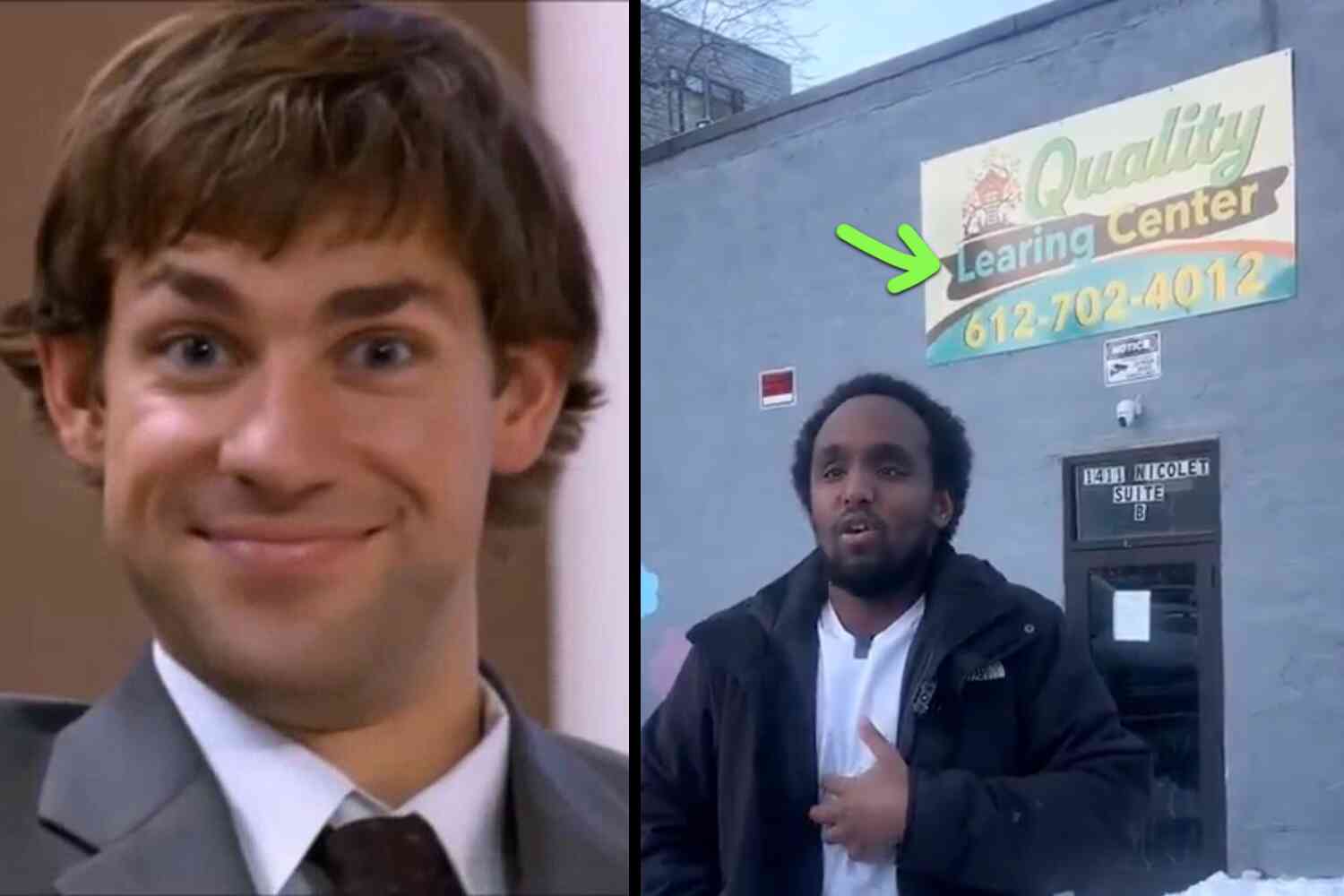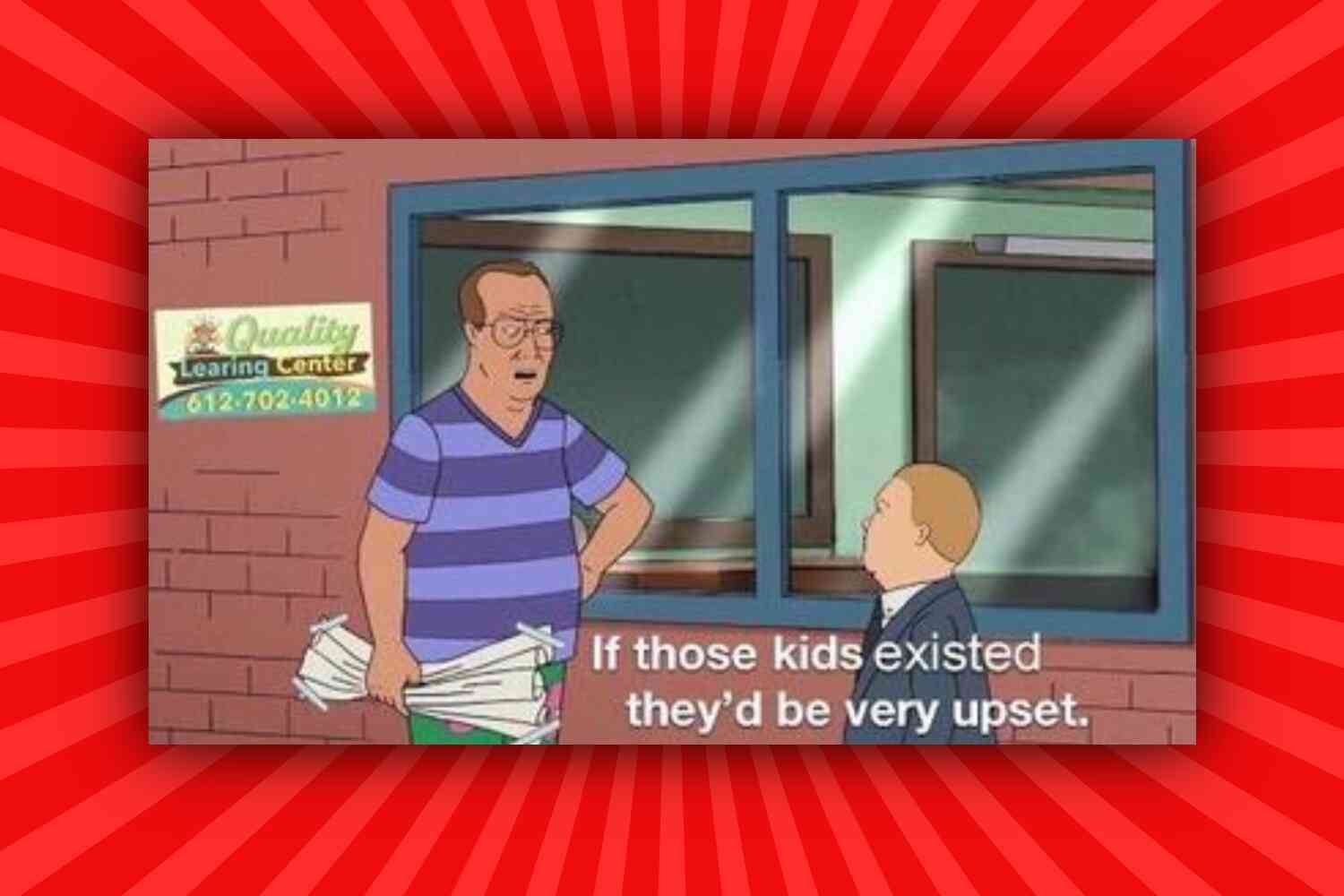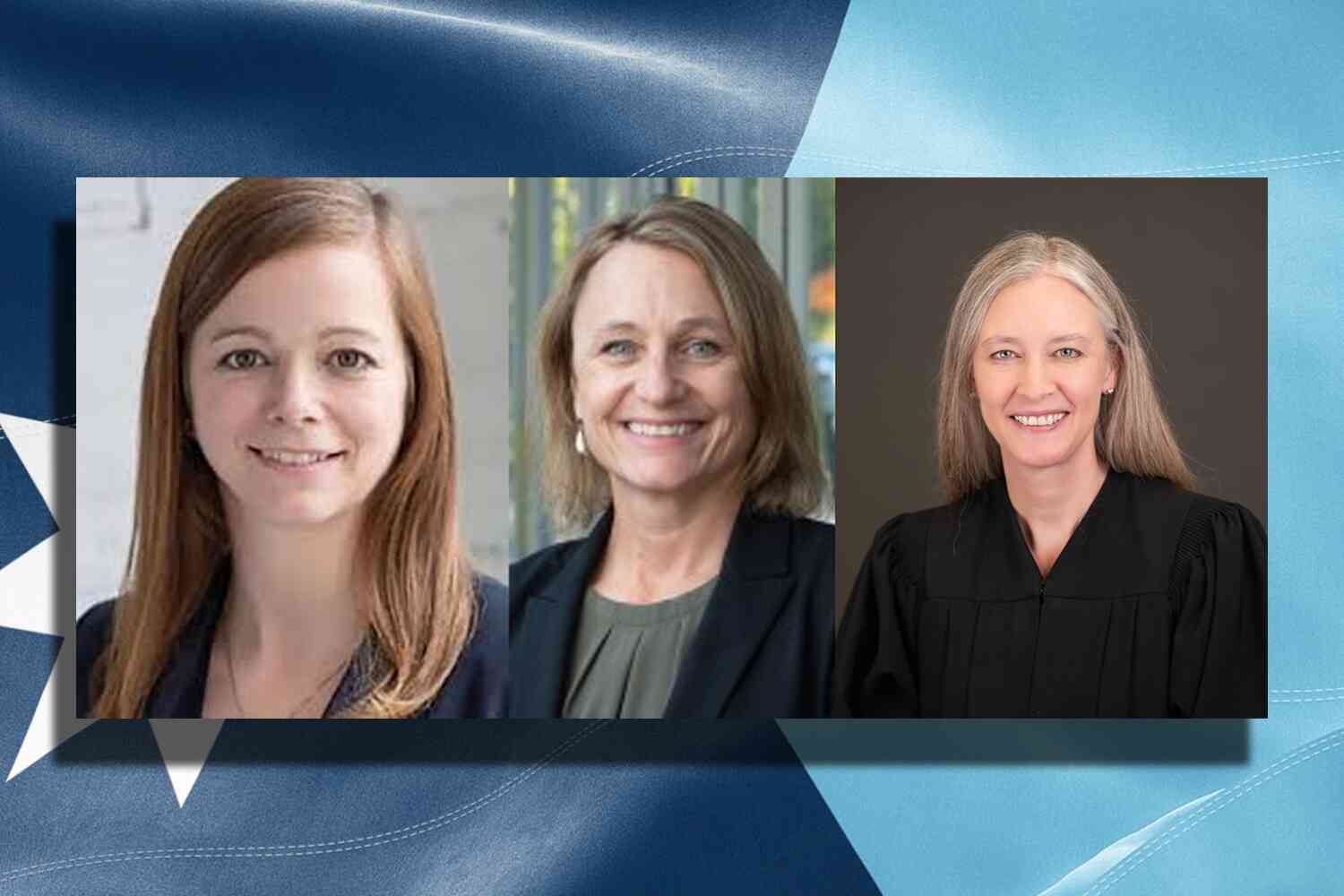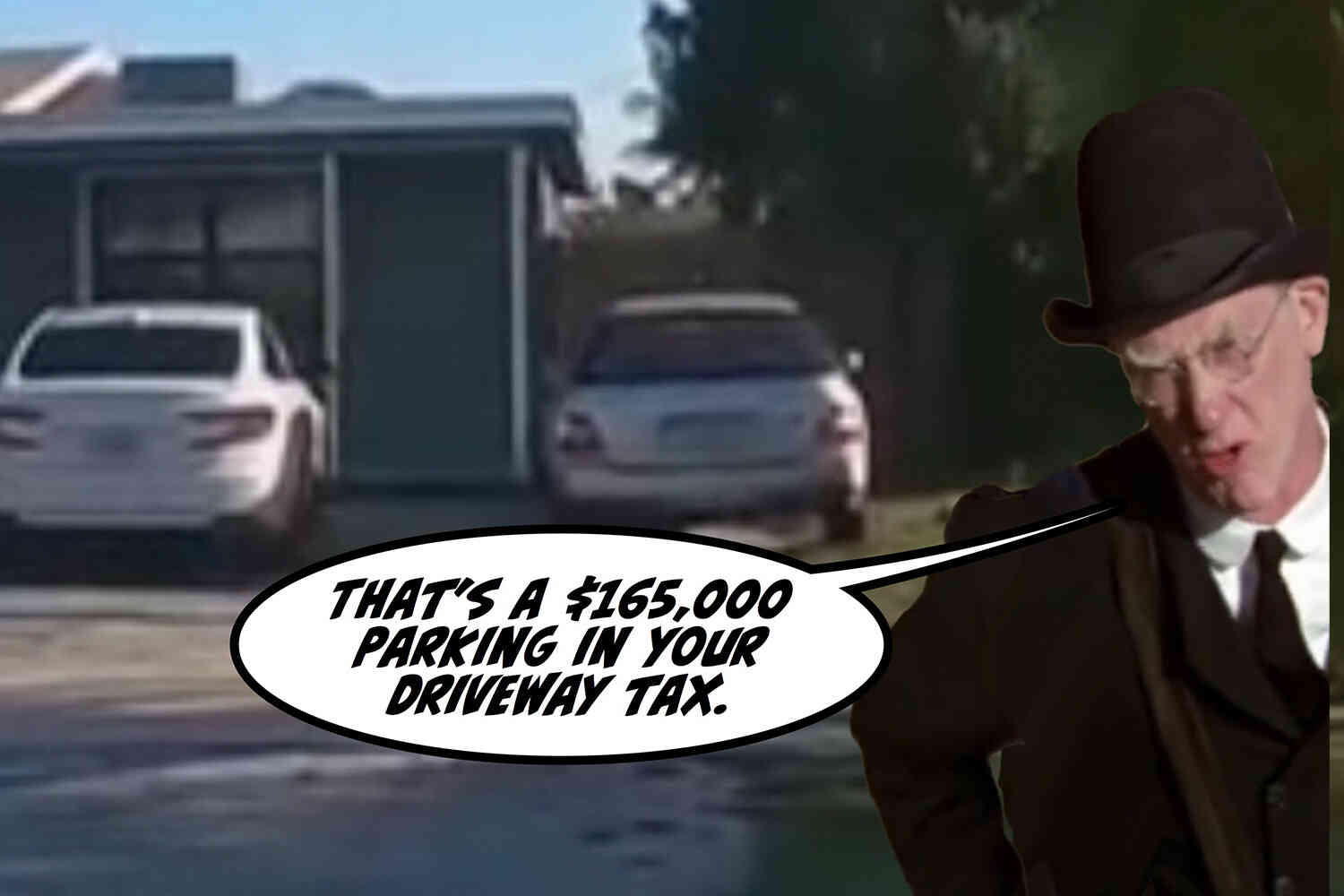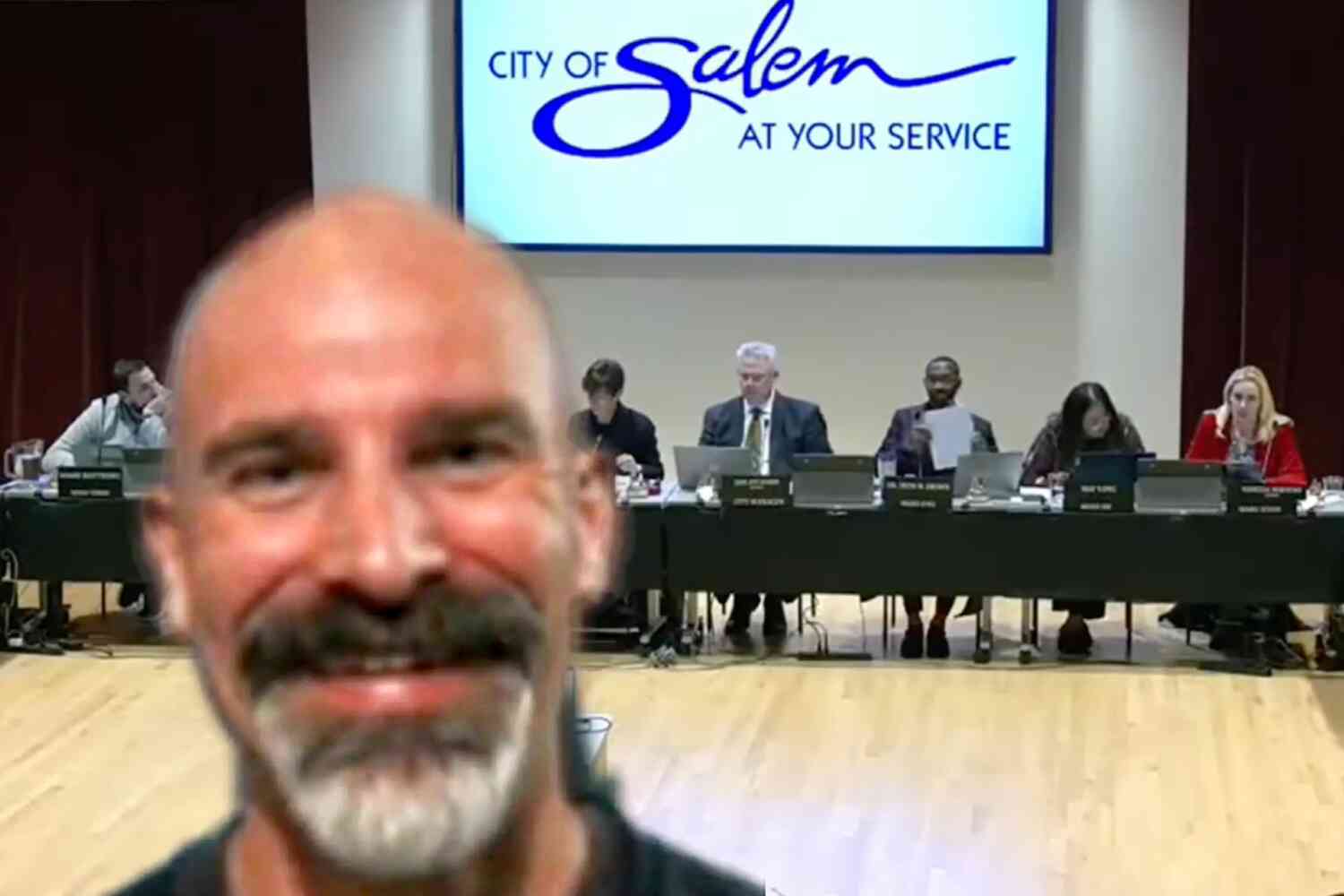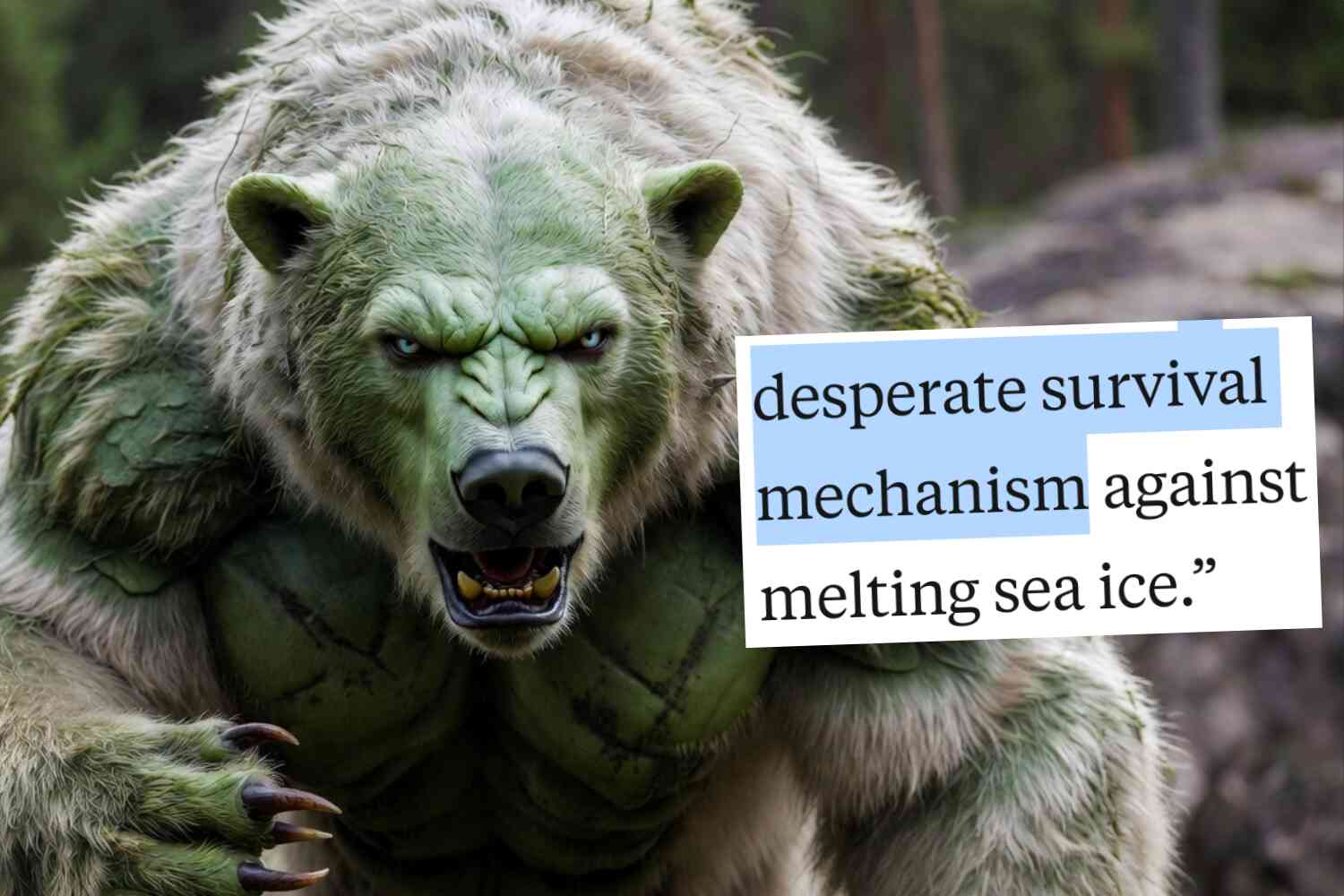Tuesday, I wrote about the sorry spectacle that occurred on last week's episode of Saturday Night Live, where actress Cecily Strong reduced the logical case for abortion rights down to a literal clown show. To be brutally honest, those types of displays make it so easy that it becomes extremely tempting to mock and belittle the legal abortion movement for its prurient motivations and warped sense of ethics.
If my own interest is to win arguments, to self-promote, or to garner fans and retweeting throngs, the Left's irrationality on abortion lends itself comfortably to that end. But if instead I chase after the heart of God, I know that His kingdom is not benefitted by my own self-aggrandizement, but rather by my shrewd and self-dismissing efforts to set free hearts and minds held captive by the spirit of the age.
New York Magazine's women's publication, The Cut, recently ran a provocative piece by a young woman who shared a recorded telephone debate she held with her own mother on this seminal issue. It was at once eye-opening and devastating to read. Maybe I'm mellowing in my adult years, but these exchanges don't leave me cross, but rather contemplative. They don't stress me, but they sadden and also sharpen me.
Take these thoughts from author Kathleen Walsh:
She hates it when I say this, but I often wonder if her life would have been better if she had gotten the abortion. It's hard to communicate to her that at that time, her life mattered more than the embryo that would become me, and that now my life matters more than that same embryo's did. Arguing with my mom about abortion rights is like walking through a Scooby-Doo mystery house of emotional booby traps — one trip wire or trick bookcase and I'm trapped in a secret room, going in circles explaining why I'm still glad I was born.
It's astounding to watch it happen from the outside, but Kathleen here acknowledges the moral confusion inherent in her own position. She knows implicitly the abject foolishness of suggesting that the value of life can be put on some moment-by-moment sliding scale of significance: A life is worthier of protection now than 2 minutes ago, but not as worthy as 2 months ago; a life definitely more valuable now than it was 20 years ago, but more valuable than 20 years from now, but not as valuable as 20 seconds from this moment. It's the ultimate collapse of utilitarian thought: life becomes valuable only for what it does or is capable of doing.
Mom: Okay, well, I think it is a person. It's not a theoretical person. There's nothing theoretical about it. This is flesh and blood. It's actually there. It's not imaginary.
Kathleen: No, it's not imaginary. It's a physical being, but it's a theoretical life. It's a "maybe," "what might be." And it doesn't matter as much as the actual life.
Mom: It is an actual life. You're still pumping blood. Your heart is beating. Sounds like a life to me!
Kathleen: I exist because you chose for me to exist. You decided that you wanted me.
This is dangerous sophistry that is utterly undressed once it is extended to any other human interaction. Had Kathleen's mom decided she didn't want her, that may have prematurely ended Kathleen's existence, but it wouldn't have nullified her from ever having existed.
Consider, if I pull a gun on you and decide against pulling the trigger, you don't exist because I chose for you to exist. You existed independent of my choices – a point that Kathleen's mom astutely made.
Mom: Before I decided you existed, you still existed. If I ended that existence, I would have ended it, but I would have ended an existence.
A brilliant and truthful response; and notice how it is met with deflection…
Kathleen: But it wasn't me.
Mom: Of course it was you. Every part of you was there. Every cell, every part of you was there.
Kathleen: Not every cell, mom. No, it still grows.
Mom: Okay, not every cell …
These pedantic games are revealing. Young adult Kathleen's body contains more cells than toddler Kathleen did. Is she more human as a young adult than she was as a toddler? Will she be more human as a fully grown adult than she is right now? Of course not. The words infant, toddler, and child don't refer to non-humans. They refer to humans at a particular stage of development. The same is true of stages like adolescent, adult, elderly, as well as zygote, embryo, and fetus.
Kathleen: So what? Like, I didn't matter to anybody. The only value I had in the world was the value I had for you.
Mom: And your dad and your grandparents and everybody.
Kathleen: If you had never told them that you were pregnant, life would've gone on fine.
Mom: It doesn't turn you into an invisible thing that never happened because I didn't tell people. It's like, if a tree falls in the forest and no one's there to hear it, does it make a sound. Yeah, it does.
Kathleen: But, who cares?
Mom: Your heart's beating whether anybody knows about it or not.
Kathleen: Well, who cares?
Who cares? Notice how without a Creator, we are left to baselessly and hopelessly attempt to attach some meaning to what otherwise is a meaningless existence. I would say Kathleen's line of reasoning is perfectly logical in a world without God; but of course a world without God would not have any logic anyway.
This small exchange not only demonstrates the heart of this issue, it also reveals how intricately connected debates over infanticide, euthanasia, wrongful birth, and doctor-assisted suicide are to this war of worldviews.
Kathleen's worldview tragically assumes that life has no intrinsic value. Life is only worth the value assigned to it by others – parents, family, and community. Upon that basis, if parents do not assign a "clump of cells" any worth, it doesn't have any. This is precisely the logic behind involuntarily euthanizing unwanted elderly. If they offer no tangible benefit to humanity at large, and if they are not valued by family, their life lacks any intrinsic worth.
But the truth is that unlike all other living species, human life is not merely valuable for what it does – human life is valuable for what it is. Regardless of the subjective value parents, family, or community place on a life, any being that bears the image of the Creator maintains inviolable worth on that basis alone.
What we're really fighting over in Western Civilization isn't a political disagreement regarding rights and privacy. Rather, it's a titanic struggle to determine whether Kathleen's nihilism becomes the philosophical North Star of our society's moral compass.
Mom: I care. I care and half of the people in the world care.
Kathleen: You cared about your pregnancy, but why should you care about anybody else's?
Mom: Why do I care about anybody else, period? Why do you care about any human being in this world if you don't know them?
Kathleen wrote this account, and The Cut published it, because both felt it revealed an outdated obsolescence on the part of her mother that could be exploited to strengthen a cultural embrace of pro-abortion politics.
In actuality, the conversation laid bare the hopelessness and moral futility of their own worldview, and should press those of us who know better with an urgency to save these poor souls from themselves.
P.S. Now check out our latest video 👇
Disclaimer: The opinions expressed in this article are those of the author and do not necessarily reflect the opinions of Not the Bee or any of its affiliates.




